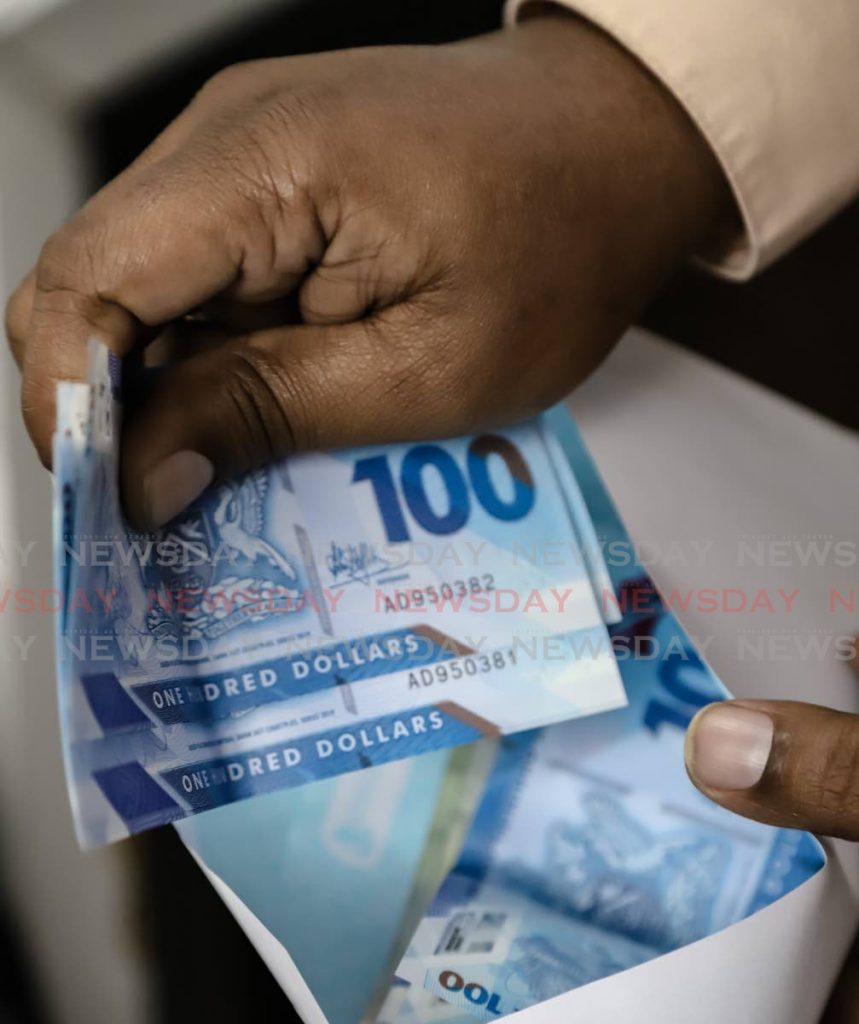Surviving the coronacession

Time is money, as the saying goes, and the covid19 crisis illustrates this with a vengeance.
We do not know how long the threat will last; how long financially-draining measures will be necessary; how long the lingering effects – social and economic – will ensue, so it matters little how well we have shored-up our reserves, or bolstered our stockpiles, or planned for contingencies.
We need relief and we need it now. But what form should this relief take given the known unknowns?
That’s the challenge facing the economy. We feel a conservative approach is best and whatever measures are implemented will have to play second fiddle to the main funding priority which must be to ensure our first line of response, the healthcare system, has what it needs. However, there is some room for widening the net of relief and opening the door to greater consultation before making decisions.
The raft of measures announced is not insubstantial. In addition to emergency funding to the Ministry of Health, VAT and income tax refunds are coming, banks have been encouraged to offer moratoriums, the Ministry of Finance has obtained Parliament’s approval to dip into the Heritage and Stabilisation Fund (HSF) and to increase borrowing, and food cards have been made available for those in need, among other things.
Notwithstanding, it is worth noting that for many businesses, there is no income coming in, or if any income arises it is substantially diminished. At the same time, overheads remain largely constant. This situation could actually cause firms to go out of business not through any mismanagement but simply through the effluxion of time. Time is money, indeed.
Additionally, deferral of debt is useful but this is not going to matter to everyone. Nor will reduced interest rates be appealing for businesses that are not in a position to take advantage of them. VAT and income tax refunds are definitely welcomed, though they will not sustain everyone.
It is instructive to look at other countries that have, after consultation, provided emergency relief for vulnerable groups such as the self-employed, artists, creative practitioners and freelancers. Such persons can apply for grants once they are able to prove a track record of engagement and work.
At the same time, the State is not an ATM from which individuals and companies can expect to make withdrawals at any given moment. It, too, is under strain given fallen oil price revenue. Finance Minister Colm Imbert’s decision to dip into the HSF to the tune of $1.5 billion was judicious in its timing and quantum — but the fund will not last forever. What will happen if the pandemic lasts more than six months?
Forbearance, therefore, is needed from all sectors during this coronacession.
“The principle must be that of shared burden,” noted Gregory Aboud, the Downtown Owners and Merchants Association president, correctly.
The complaints of groups like the TT Chamber of Commerce over a lack of consultation are, of course, valid and would be concerning in ordinary circumstances. Forbearance, though, means acknowledgement that a public health emergency empowers the State to take urgent action to protect the greater good.


Comments
"Surviving the coronacession"